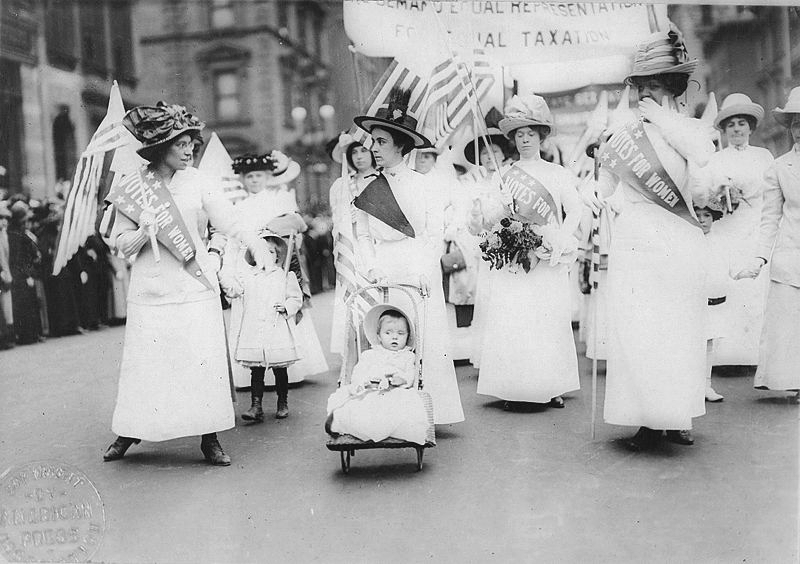
You are visiting Liisbeth’s archives!
Peruse this site for a history of profiles and insightful analysis on feminist entrepreneurship.
And, be sure to sign up for rabble.ca’s newsletter where Liisbeth shares the latest news in feminist spaces.


In a recent article for the Atlantic, Melissa Gregg explores how an antiquated sexist culture still influences how corporate culture is managed today. From condescending bosses to the perceived illegitimacy of catering and cleaning jobs, Gregg gives readers a brief snapshot of how old notions of domesticity and family influence work culture subtle ways.


The gender pay gap is real, and it hurts women and families. Did you know that in 2014, women working full time in the United States typically were paid just 79 percent of what men were paid, a gap of 21 percent?

What’s the best thing that can happen when two young, inspirational, female activists who are both fighting to elevate the status of women around the world meet? An open and honest conversation about what it means to be a feminist.

Welcome to LiisBeth–and the emerging post- capitalist economy. Diverse, feminist entrepreneurs are trailblazing the way. We tell their stories. We nourish their work. We also advocate for inclusive entrepreneurship and innovation policies that enables flourishing for all.
If you value our story-telling and advocacy, sign up for our monthly newsletter today. Please consider a one-time donation of any amount today.



In a recent article for the Atlantic, Melissa Gregg explores how an antiquated sexist culture still influences how corporate culture is managed today. From condescending bosses to the perceived illegitimacy of catering and cleaning jobs, Gregg gives readers a brief snapshot of how old notions of domesticity and family influence work culture subtle ways.


The gender pay gap is real, and it hurts women and families. Did you know that in 2014, women working full time in the United States typically were paid just 79 percent of what men were paid, a gap of 21 percent?

What’s the best thing that can happen when two young, inspirational, female activists who are both fighting to elevate the status of women around the world meet? An open and honest conversation about what it means to be a feminist.
